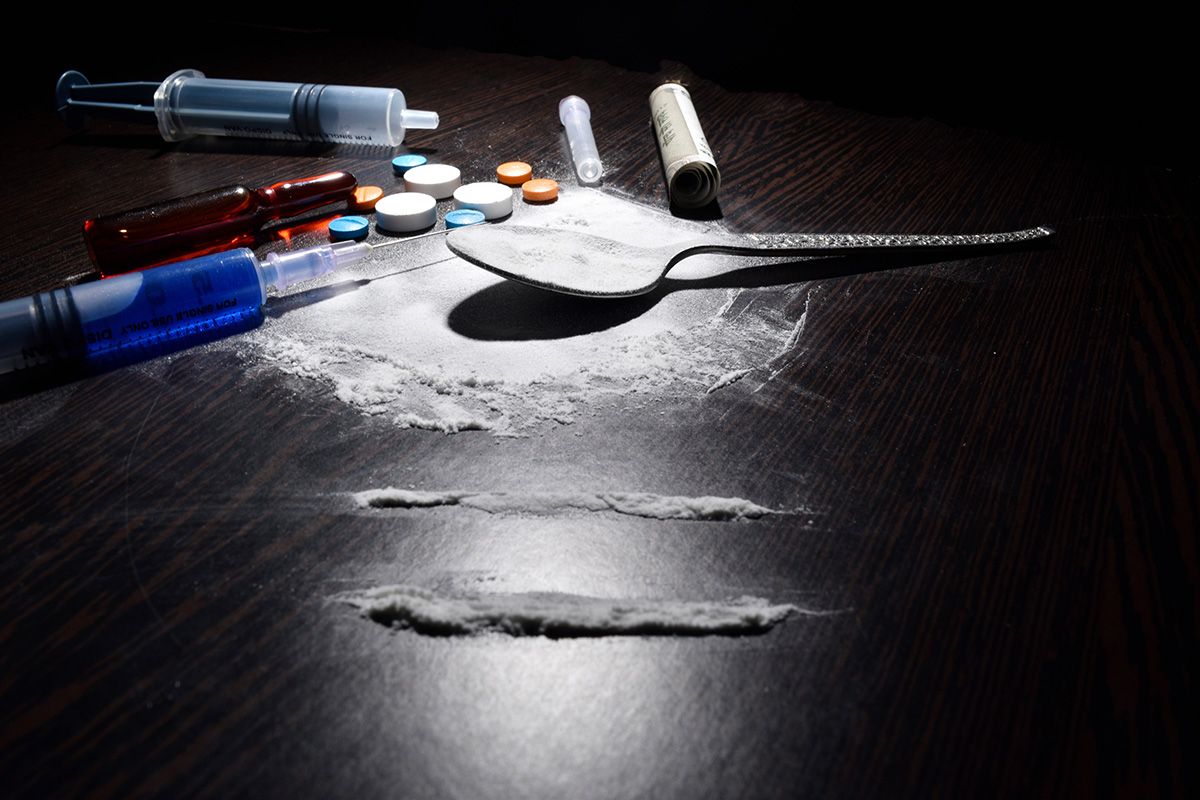Drug Dealing on Social Media
Social media is supposed to be a safe place where family, old friends, current friends, and new friends can get together and socializing with one another. But the internet can be abuse just like any drug and can even be a secret place for drug dealers and teenage customers to make illegal drug deals. It is important that teens are educated on the dangers of online drug dealing and that the internet is not as safe as they believe.
Social media websites like Facebook and Instagram can be used as a weapon for drug dealers and customers to engage. According to the National Center on Addiction and Substance Abuse, teens who use social media are five times more likely to smoke a cigarette, three times more likely to drink, and twice as likely to smoke marijuana. On social media, people can post glamorized, artistic photos of drugs and people using them. People can also make comments of links to their website or personal information on where to buy drugs from them. Teens may find it funny when their friends or friends of friends post videos of themselves drunk or passed out which makes them want to imitate that behavior. They also could be dealing with anxiety or depression and feel like they need to seek solace by taking up a drug or alcohol habit.
Popular social networking site Facebook makes it a rule that “posts may not promote the sale of illegal, prescription or recreational drugs.” These drugs include marijuana and its products, pipes, bongs, tobacco products, alcoholic beverages and kits, etc. That any related act being caught on their site will involve account deletion and/or legal action. In Colorado, there was a hidden Facebook group where high schoolers would sell cannabis, synthetic marijuana, prescription drugs, methamphetamine, MDMA, and LSD. There were 900 members in that group including 171 high school and middle schoolers. It was not until one man got arrested who was in that group that investigators contacted Facebook about that group and the group was shut down. Unfortunately, it is not until a post is reported or investigated that these acts are discovered.
It is important to be aware of certain terms that drug dealers use so that you can tell when they exist online. “Pharmacies” are a code that drug smugglers use when they have legitimate groups that sell their drug products. Young people are lured into chat rooms by “doctors” seeking “consultations” with customers for drugs. They take advantage of people who complain about any ailments they have and are looking for pills and tablets to help them. These customers are normally poor, poorly educated, or unemployed who want to hear what they want to hear that what is being offered to them will be the cure to what ailment they have. What they do not know is that their “cure” can end up leading to a dangerous drug addiction habit.
When people think of social media sites, the first thought in their head may be Facebook. The truth is that there are other social media sites used for drug dealing such as Grindr. Grindr is a site for gay and bisexual men to find a romantic partner near their area. Grindr is also used for drug dealing as there is a privacy feature where you can make yourself anonymous, making it easier for you not to get caught. Customers have said that they find this method safer compared to buying drugs on the street as you have to deal with the risk of robbery, shootouts and busts. Grindr can also allow you to evaluate each other before any transaction is complete.
The Coalition Against Drug Abuse said that there were 50 drug deals in social media accounts like Instagram that they found in a single day by typing keywords like “weed for sale.” This led to postsing of marijuana, painkillers, and MDMA. Requests can be made through direct messaging or commenting on a page. Payments can be made electronically and immediately through money sending websites like PayPal. The dealers will take pictures of images of their products and emojis which will give customers information on their drug quality, purity, the amount, and the cost. Instagram has photo filters that can make your photos look very professional. If the photos of drugs are of high quality, this will only strengthen the drug’s appeal and chances of buying it.
If you feel like your teen is buying or selling drugs through social media sites, speak to your kid. Let them know about any suspicious activity you have noticed such as unusual bank transactions or any suspicious friends they have on their social media account that you have never met before. You should also ask your child if they are surrounded by friends who drink. Maybe they have made drinking appealing to your child and they felt pressured to try it to fit in. If your child refuses to talk to you, tell them that they are only allowed on the internet with your supervision as they should have nothing to hide if they claim that they are not buying or selling drugs. Educate your child on the legal actions that could occur if you are caught buying or selling drugs online and how this can spiral towards addiction. Buying drugs online can bring dangerous consequences to your health and to the rest of your life.
Through years of experience working with art and music therapy, we know how powerfully beneficial they are in healing and relapse prevention. Call Enlightened Recovery today: (833) 801-LIVE.
